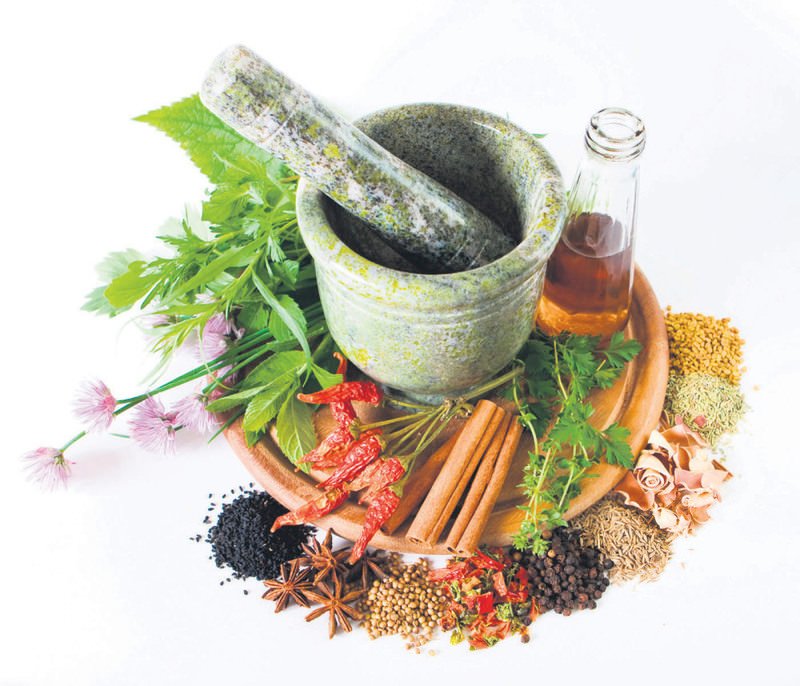The Zeytinburnu Medicinal Plant Garden was established in 2005 on a 3.5-acre site as part of a joint project between the Municipality of Zeytinburnu and the Merkezefendi Traditional Medicine Association. The garden not only produces medicinal plants, but also protects and promotes plant diversity and encourages medicinal plant research. field. Aiming to be a hub for medicinal flora research, the garden avoids the use of artificial fertilizers and pesticides, instead using herbal plant waste as natural fertilizer. Now, the herbs grown in the garden, including echinacea, lemon balm, lemon verbena, marsh horsetail and Ottoman strawberry, will be used to support Turkey’s first phytotherapy center, established at Bezmi Alem Foundation University.echinaceaTo avoid wasting water, the main irrigation methods used in gardens are watering and dripping. Plants brought from countries with a warm climate are grown under the best conditions. Visitors can see avocados, mangoes, as well as red bananas, which are not normally grown in Turkey, being grown in the garden. There is also lemon verbena, which only grows in certain places around the world. Aloe vera is mainly used in cosmetics and detergents to soothe the skin and clothing, and is another plant protected in gardens.lemon balmThe garden offers volunteer gardening opportunities that allow citizens to work as gardeners with some training. Biologist Tuche Agba said the garden has been active for the past 11 years. There were originally 300 types of plants in the garden, but this year the number has increased to 800. The center also has a greenhouse, where tropical plants brought in from overseas are cultivated. Aaba said they try to use local seeds whenever possible, adding that the garden focuses on preserving plant diversity rather than production. Visitors can see how different spices such as melissa, ginger and rosemary are grown, as well as plants used in modern medicine. “The garden includes herbs such as echinacea, melissa, lime trees, sage, daisies, bananas, mangoes and pepino,” she says. “We grow heat-loving plants in our greenhouses that cannot grow naturally in Istanbul. In addition, our gardens are home to indigenous plants such as Ispartan roses, Turkish sweet gums, and Ottoman strawberries. ”Other countries. For example, a rare lemongrass was brought to the garden from Malaysia. “This plant is used as a fly repellent because it contains vitamin C and is consumed as a tea. It is not a very common plant in Turkey,” Aba said. Tropical fruits not grown in Turkey are also grown in the garden, such as mango, papaya, pepino and avocado. “In China and Japan there is a plant called water hyacinth. They use this plant to purify sewage and wastewater. When you throw this plant into the sewer, the plant absorbs the waste and drains the water. We grow these special plants. We also have them in our garden,” she said. She also talked about herbs growing in the garden and their healing properties. However, she said she does not recommend any herbal remedies for people suffering from certain illnesses, such as multiple sclerosis (MS) or cancer. She stressed that although medicinal gardens try to inform people about plants, there are many people who misuse certain herbs. She stressed that the Medicinal Botanical Garden does not focus solely on plant diversity, and she said the garden continues to be involved in projects that lead by example. These include Turkey’s first phytotherapy center, established by Bezmi Alem Foundation University to provide herbal remedies to patients. Aba explained that the garden will provide the center with specific plants such as horsetail, ebony, melissa and rosemary. “Phytotherapy (referring to herbal therapy) has been approved by the Ministry of Health. Now people can receive herbal medicine prescriptions abroad and soon they will be able to do the same in Turkey. Turkey’s first The Center for Phytotherapy was established under the guidance of Professor Murat Kartal of Bezmialem Foundation University, and the center will produce herbal medicines and creams, and this project was also supported by the Istanbul Development Agency. It has been approved,” Arba said. The botanical garden is used as a place of learning and training, while providing information on recent developments in herbal medicine. Plants from the garden will be displayed during medical training.

